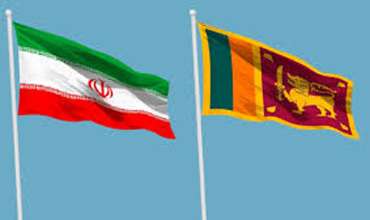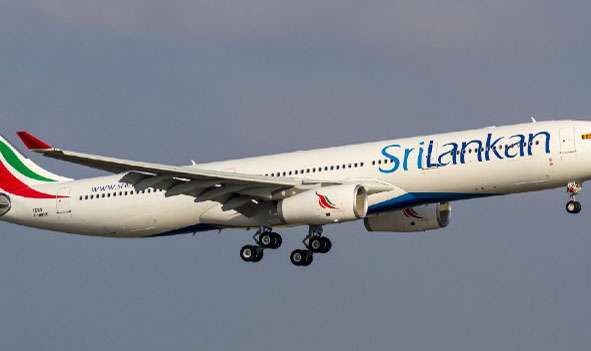National Agribusiness Council warns of impending food crisis
The National Agribusiness Council (NAC), the collective of the entities making up the national food chain, has warned of a impending disruption to the food supply of the country.
“After several meetings between the authorities and our member organisations, the council does not see any tangible solutions being offered to ensure the country’s food security in the coming year,” the NAC said in a media release.
The NAC consists of the agribusiness community who are the suppliers of inputs, growers, and processors of food and agri produce in Sri Lanka and its members include entities involved in the importation and distribution of agri inputs such as seed material, fertilizer, agrochemicals, animal feed, veterinary medicines and supplements needed to ensure the food security of the nation.
It said the country has two main harvesting seasons: the Maha in March/April and the Yala in August/September. While it is estimated that there is 30 per cent of the inputs needed for the upcoming Yala season, which is grossly insufficient, there seem to be no solutions whatsoever for planting and growing the Maha harvest of 2023. According to NAC membership, it would take an average of six months to negotiate, place orders, make payments and open LCs, and ship in the required stocks to supply farmers in time for the season. With the current situation locally and globally this process may take much longer.
“While we fully understand and share the frustration of the public with regards to shortages of fuel, gas, and electricity we would like to bring their attention to the matter of food which we feel would be a larger crisis . This would be the plight and the livelihoods of 1.7 million small farmers we are all dependent on to grow our food. The country decided to modernise its agriculture sector in the 1980s and one of the changes was to go for high-yielding hybrid seeds that need appropriate inputs to support efficient results. Sadly, we have not developed the local capability to supply a majority of the needed seeds and due to this, we totally depend on imports. At the moment the seed stocks are fast running out and the available first-generation seeds are not adequate to meet the requirements of the country. However, there is some level of confidence that the cultivation of rice will be done by our farmers, as this is a staple required by all of us, even though there will be a drastic drop in the yields and may not be adequate to meet the estimated national needs we feel with careful management and cutting down on waste due to bad post harvest handling the gap could be drastically reduced,” the NAC said.
It said there has been a very slow uptake of available potato seedlings and corn seeds as farmers are worried they will not have the other inputs to protect and grow their crops efficiently. The animal husbandry sector is suffering from very high costs of feed and low availability of feedstocks. Due to these circumstances, it is estimated that the costs of all animal-based proteins will rise to such a level that it would no longer be affordable to many families.
Due to issues with the global supply chains, especially with the war in Europe, there is a global shortage in supply of fertiliser, agriculture inputs, and animal feed. As other countries work to secure their food security and stockpile on behalf of their citizens they may not be in a position to assist Sri Lanka. While there is little the NAC can now do to affect the Yala season of 2022, there is a need for a tangible and realistic plan to be implemented extremely fast to avoid an impending disaster and bring about a good crop for the next Maha season.
“This issue does not have a quick fix if the situation is allowed to deteriorate further, we may see large-scale food scarcity leading to widespread malnutrition and hunger. We ask the public to plead and urge the authorities to listen and discuss this matter with people who are kowladable and experienced and bring in timely solutions to mitigate this impending crisis.The NAC and its members are committed to collaborate and do their best on behalf of the people of this country,” it said.
Agriculture, Food and Beverage exports of Sri Lanka amounted to US$3.7 billion last year , and it is estimated that over $800 million is needed to keep the agriculture inputs sector running effectively for a year. “We see a possible short and medium-term solution with the input sector and Agri-exporters working as a collective.The NAC could work with a agri exports collective which needs to be formed to apply for a facility in USD to meet the needs of the country. If this collaboration is possible, it will mean that the exporters and the input supplier could both meet their objectives while supporting the nation to avoid a serious food crisis and earning valuable foreign exchange,” the statement said.
-
Still No Comments Posted.














Leave Comments